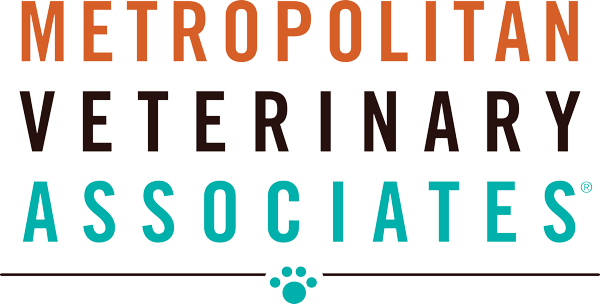Hypothyroidism is a disorder caused by lack of adequate amounts of circulating thyroid hormone. The cause can be primary (involving the thyroid gland itself) or secondary (involving the pituitary gland responsible for stimulating the thyroid gland). Hypothyroidism is most commonly seen in dogs and is generally primary with immune-mediated destruction of the thyroid gland. Middle-aged dogs of either sex are usually affected. Breeds that are at an increased risk include the: Golden Retriever, Doberman Pinscher, Dachshund, Irish Setter, Miniature Schnauzer, Great Dane, Poodle and Boxer.
The most common clinical signs include: lethargy, mental dullness, weight gain without an increase in food intake, hair loss over the rump and/or base of the tail, dry/dull hair coat, “tragic facial expression,” dry or oily skin with recurrent skin infections, heat seeking behavior and weakness. These clinical signs develop as a result of slowed cellular metabolism from the thyroid hormone deficiency. More severe neuromuscular signs can be seen a small number of hypothyroid dogs, including ataxia (unsteady walk), head tilt, circling, knuckling of the paws and even seizures.
Diagnosis is made based on the characteristic clinical signs, increased blood triglycerides and cholesterol on routine blood work and ultimately, low serum total and free thyroxine/T4. Baseline thyroid stimulating hormone/TSH measurements, an anti-thyroxine antibody titer and a TSH stimulation test may be used in some instances, which may be part of a more complete thyroid “panel” or “profile”. Treatment is based on long-term daily administration of synthetic levothyroxine orally (available in a number of brand names). Often the dose and frequency require some tailoring to the individual dog before satisfactory results are seen. Other treatments may be necessary depending on the patients individual clinical signs (i.e. antibiotics for skin infection). Thyroxine levels must be monitored while the patient is on levothyroxine to prevent hyperthyroidism from occurring.
Prognosis for the typical, primary hypothyroidism in dogs is very good with daily levothyroxine therapy. Animals left untreated may experience the neuromuscular signs mentioned above. These signs are likely to resolve once levothyroxine supplementation begins; however, if left untreated for a prolonged period of time, residual signs may be seen.
